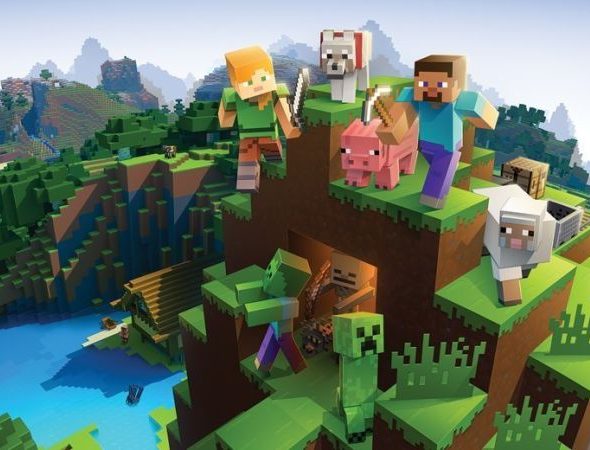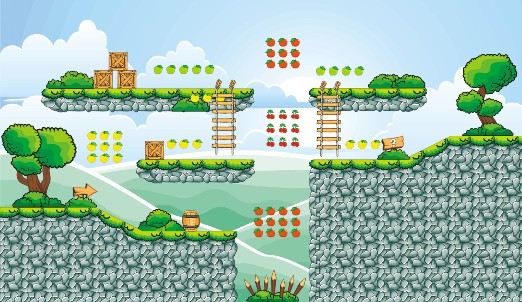Videogames and Alternative Worlds

Flusser‘s late – 1991 — essay “Digitaler Schein” (“Digital Semblance“) in Medienkultur (Media Culture) examines what he calls “alternative worlds,” specifically those that have just begun to appear on computer screens at the time he was writing. I think any of us now would readily associate the idea of alternative worlds with videogames, constructed “realities,” that designate time and space and provide one or more “subject positions” for players.
Of course books and films have also been constructing alternative worlds for a very long time. In his new book Videogames, Identity and Digital Subjectivity (Routledge, 2018), Rob Gallagher discusses a selection of videogames with the specific intention of suggesting the depth and range of situations in which players of contemporary videogames may, through their avatars, control or be controlled, test and be tested, confirm, shift, learn or develop specific skills and attitudes. I’ve been looking for a term that could refer to such interactive frameworks along with books, films, television series — possibly works of art… I think “alternative worlds” will do nicely. And given the remarkable breadth and diversity of the games Gallagher describes, “videogames” works as a general term for interactive, computer-generated framework. The term signals a specifically technical difference from “games” per se, but still is broad in terms of scale or type of interactivity, (e.g. single-player, MMORPG, etc.). I had thought “video” would exclude, say, really sketchy animation. But I’m convinced now that it doesn’t. Videogames.
These games seem to be where people consider, assert, enhance their relationships to the Apparat…actively or passively. There’s seems to be very little in the book about coding authorities, which I take to be the designers.


